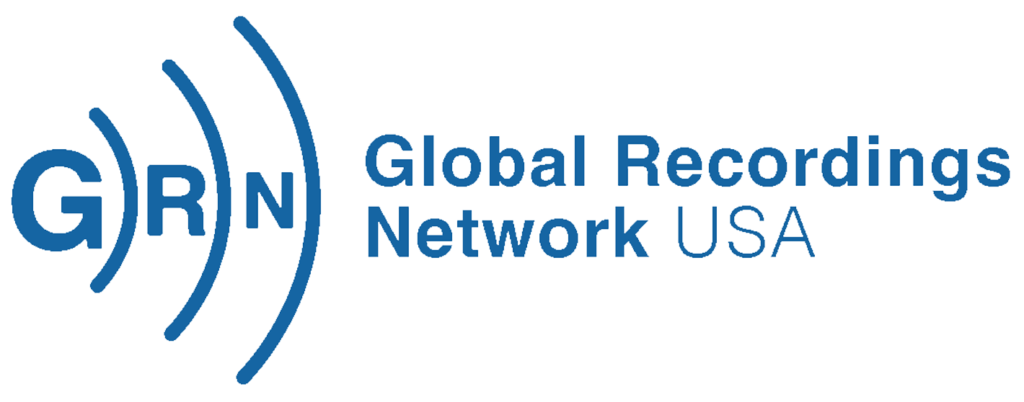Post 44 / The Next Language
May 24, 2021
Verifying Speech Varieties
Allan Starling and his team have been going through the Ethnologue to reconcile their list of “dialects” with our data on speech varieties. By mutual consent for years now GRN has been considered the steward of numbering and tracking the world’s speech varieties that are not classified as “languages.” Recently I asked Allan how he and his team go about deciding whether a dialect or speech variety name is simply an alternate name to something else, or a place name. Here is Allan’s answer:
VERIFYING SPEECH VARIETIES
Notes:
- For years, GRN has used the terms “Languages” and “Dialects.” Recently, in certain countries, the term “Dialect” has taken on the meaning of Inferior. We are therefore using the terms Speech Varieties or Varieties.
- The International Standards Organization (ISO) only recognizes languages (about 7,100) and issues standard ISO codes for them.
- The Ethnologue, published by SIL, focuses on Languages, but also lists what they still call Dialects.
- Joshua Project still uses the term Dialect.
- Harvest Information Systems has a division called Registry of Dialects, of which GRN USA is the editor.
In keeping with our motto, Telling the Story of Jesus in Every Language, GRN strives to maintain a listing of all possible speech varieties in our database. We received many variety names from the Ethnologue. They say:
The listing of dialect names does not represent the results of rigorous dialectological investigations. As with the alternate names, the list of dialect names includes all names reported to us which may, at one time or another, have been used in reference to some variety of a language. Some of these names are village or regional names and may not actually represent significant linguistic variants.
Because of this uncertainty, we have initially flagged these varieties as “Not Verified” in our GRN Language database. I am convinced that a large percentage of these are genuine. We continue to investigate them.
There are two things we want to identify about each name.
- Is this really a variety? Or is it just a name that someone thinks is a variety, or an alternate name for another variety, etc.?” After an item has been verified, the next question is:
- “Do we need to make a recording?“ This usually has to be determined by those on the field, so Language Tracking concentrates on the first question.
The entry under “Dialects” in the Ethnologue can give us clues. After discussions with Ted Bergman, former head of research for SIL, I have devised the following rule of thumb.
Verifying varieties from Ethnologue notes:
- A name cannot be verified if it is just part of a list of names. We have no way of knowing if they are genuine without looking for additional evidence.
-
- Example: “Dialects: Gubi, Guru.”
- A variety can be verified if one of the following is present in the Ethnologue entry:a) The Ethnologue entry gives alternate names for varieties. That indicates some research rather than just collecting names of possible varieties.
-
- Example: “Dialects: Kuboro(Kumboro), Lömaumbi, Sengan (Senga, Sengga, Sisingga).”
b) The entry includes comments about the varieties.
-
- Example: “Dialects: Alumu(Arum), Tesu. Related to Toro [tdv]. The 2 varieties have only intonation differences.” We enter these types of comment into the Notes field in GRID.
Verifying from Audio, Video or Written Materials
The following situations automatically constitute a speech variety as verified.
- A GRN recording
- A Scripture translation, Jesus Film or similar production
- Any audio, video, or written publication in that variety, whether secular or sacred
Other resources for verifying speech varieties
Following are some of the resources we research:
- Joshua Project
- Wikipedia
- Google search
- GRN Language Information Forms
- Progress.Bible
Current Situation with GRN Language Database
- 7,413 Alternate names for languages and varieties were added since August 2020. These should help our field people find languages and avoid confusion about names.
- 2,915 new dialect names were added. About half of these were flagged as Not Verified
- I was also able to verify well over a thousand existing names
- There are currently 5,425 names flagged as Not Verified
- There are currently 14,269 Verified names. Of these, 6,460 have recordings and 7,809 do not.
- 2,400 language locations (states, provinces, etc.) were entered
As you can see from Allan’s listing, the situation is complicated, but we’re working hard to make sense of an enormous amount of data.
God Bless,
Larry DeVilbiss | Executive Director
Global Recordings Network USA
P. S. As a “thank you” for your continued support of the ministry of Global Recordings Network USA, and in celebration of over 80 years of God’s faithfulness, we have compiled a collection of 80 daily devotions written by GRN founder, Joy Ridderhof. You may read or download your copy of Rejoice Always – 80 Devotions with Joy Ridderhof here.
